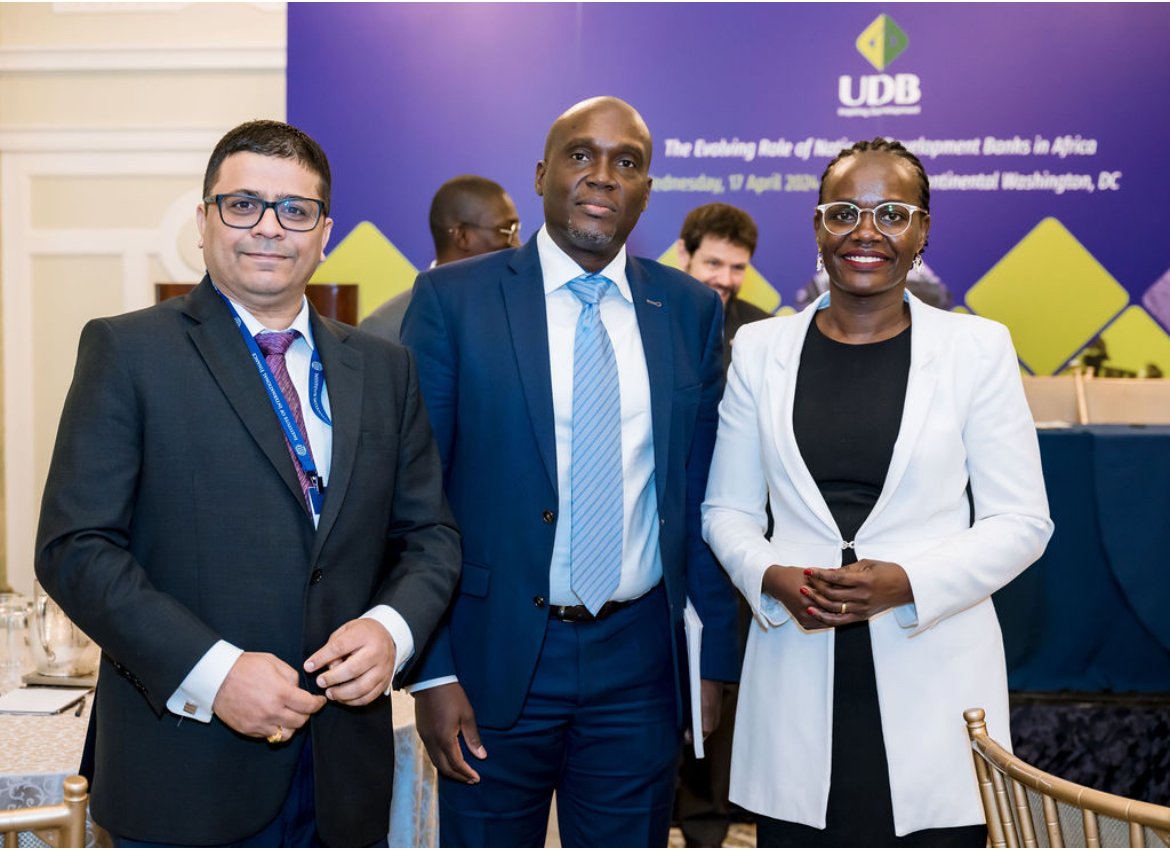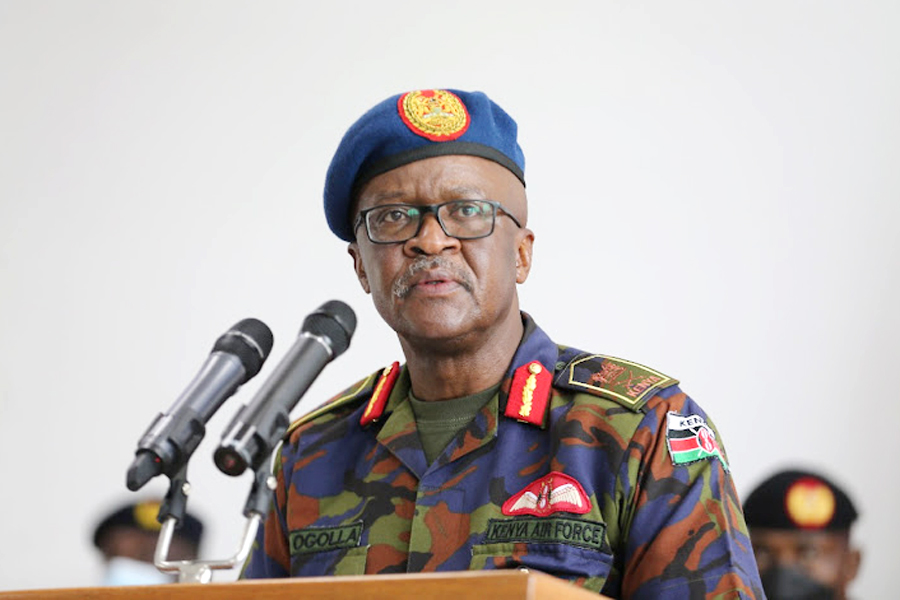Opinion: Our budget priorities have increased but growth is still slow
Uganda’s budgetary requirements continues to increase year on year, rising from Shs 32.7 trillion in FY 2018/19 to Shs 48.1 trillion in FY2022/23.
Yet, this increase comes against the backdrop of a slower economic growth rate and revenue mobilisation challenges, presenting fiscal deficits for the government to fill.
Uganda’s tax-to-GDP ratio was at 12.1% as of 2019, lower than the recommended ratio of 15% or higher according to the World Bank. In comparison, neighbouring countries like Kenya and Rwanda have a tax-to-GDP ratio of 17.3% and 17.7% respectively.
Of the total revenue for the coming financial year, UGX 30.7 trillion will have to be generated domestically by the Uganda Revenue Authority (URA).
The Finance ministry is looking to improve the effectiveness of revenue collection and enhance compliance within the current regime.
During his budget speech, the minister of Finance, Matia Kasaija noted that, "the revenue collection target in financial year 2021/22 budget was Shs 22.425 trillion. Total revenue collection is now projected at Shs 21.486 trillion. This represents a shortfall of Shs 939 billion. Despite this revenue shortfall, domestic revenue collection this financial year has improved compared to last year."
Tax collection effectiveness across different sectors varies greatly, with some sectors turning to technology for support in regulatory compliance and collections.
The two sectors which could have the greatest impact on boosting fiscal revenues for Uganda are telecommunications and gambling.
Uganda’s telecommunications sector is technologically sophisticated, yet competitively balanced between only two market giants - MTN and Airtel, who together own 99% of the market in Uganda.
While the telecoms sector contributed Shs 1.1 trillion in tax revenue as of 2021, the URA is increasingly turning to the government of Uganda’s Intelligent Network Monitoring System (INMS) deployed in 2017 to assist with the independent verification of the tax filings by the mobile network operators.
With the telecommunication sector now consisting of voice, internet and mobile money services, the INMS is precisely the type of technology that enables the Government to aggregate revenue data from across the sector.
By tracking all mobile network transactions, be these calls, data exchanges, or money transfers made within or across networks, the INMS calculates the revenues each operator makes on a daily basis.
The system allows for the aggregation of multi-vendor network data, network performance, signalling statistics, documented data selections, and customised data filtering for a highly accurate, independent look into operator revenues.
Key deliverables for the system include fraud detection and verification of amounts generated in the sector. As a result, the declared telecoms fiscal revenues are expected to increase in the coming years as the INMS technologies offer a deeper insight into telecoms revenues generated; in so doing contributing to plugging some of the fiscal deficits experienced by the country.
The gambling sector also possesses great potential if technological oversight mechanisms are put in place. Gross gaming revenue generated from the industry in FY2020/21 amounted to Shs 50.1 billion.
This collection was from the Gaming tax, Withholding tax and the Non-Tax Revenue (NTR) which includes application fees, license fees, fines and charges among others. From the total above, Shs 20.3 billion was collected from withholding tax, UGX 9.4 billion from the Gaming Tax and Shs 1.15 billion as NTR.
For the past five years, the National Lotteries and Gaming Regulatory Board (NLGRB) has sought to procure a centralized gambling monitoring system that would, through the use of technologies, independently verify gambling bets and payouts, for the purposes of fiscal revenue assurance.
This would be in line with the direction taken by other countries such as South Africa, where such a system already yields significant revenue benefits, and Nigeria, which is in the final stages of procurement.
If implemented in Uganda, the URA can expect to more than quadruple its fiscal revenues from the gambling sector, bringing its revenue collection effectiveness in line with other countries across the continent.
It is reassuring to note that Mr Kasaija stated that the government has set aside money to improve ICT infrastructure. “Next financial year, the Government will support the Fourth Industrial Revolution Technologies. These include Artificial Intelligence, Internet of Things (IoT) and the use of Robotics. We shall also extend broadband ICT infrastructure to enable connectivity to facilitate public service delivery. I have allocated UGX 124.2 billion towards Digitalisation”. ICTs will be the key to improved fiscal and economic climates in Uganda, as demonstrated in other countries in Africa.
For example, Rwanda has experienced success with this method, with the Rwanda Utilities Regulatory Authority (RURA) implementing various technologies as part of Rwanda’s Vision 2020 agenda.
The purpose of the Vision 2020 Agenda, was geared to make Rwanda a leader in digital transformation and the adoption of different technologies in various sectors has gone a long way in helping them achieve this.
Beyond East Africa, Ghana is another country that has experienced great success in the implementation of technologies for oversight purposes.
It has also helped them in their decision making and revenue mobilisation. As recently as April this year, the World Bank approved US$ 200 million to help the government of Ghana increase access to broadband, enhance the efficiency and quality of selected digital public services, and strengthen the digital innovation ecosystem in Ghana to help create better jobs and economic opportunities.
Digital is one of Ghana’s best-performing sectors and grew on average by 19 percent per year between 2014 and 2020.
With the Digital Economy diagnostic conducted in 2020 having identified key bottlenecks that need to be removed to further accelerate Ghana's digital transformation, today, Ghana is one of Sub-Saharan Africa’s digital leaders.
Building on previous investments, particularly through the ongoing World Bank-supported e-Transform Ghana project, the Ghana Digital Acceleration Project is supporting a regulatory shift to create an enabling environment for digital inclusion and innovation; streamline governance and delivery of public services; and facilitate smallholder engagement in data-driven digital agriculture.
It is clear that the revenues generated from the adoption of technologies to spur digital transformation in key sectors, are having positive knock-on effects on the rest of the economy. Uganda, with its foundational INMS, is well placed to achieve economic success.













